At some point, every car requires new tires. Since you want to budget accordingly, it’s important to know how much does it cost to replace your tires?
In this guide, we cover the varying factors that influence the new tire price. We also give you a few tips that may help you save some money.
How Much Do New Tires Cost?A new set of four tires will usually cost you between $400 and $1500, depending on the type of tire, vehicle, quality and where you get them installed. If you choose cheap tires, you may be able to spend $50 each, but on some vehicle types, you can easily spend $1500 or more on a new set of tires.
Now that we have the quick answer to the general cost of new tires, let’s take a closer look at the factors that affect the cost.
Factors Affecting Cost to Replace Your Tires1. Tire SizeThe biggest factor affecting your expense will be the size of the tire you need. You can find tires in all sizes, meant for a multitude of purposes. If you have a compact car, you will have the cheapest tires available, maybe even $50 each.
Of course, high-performance cars, large pickup trucks, specialty off-road vehicles, and SUVs will naturally cost more. A good rule of thumb is that the larger the tire is, the more you can expect to pay for it.
2. BrandThere are just as many tire brands as there are sizes. Many tire shops specialize in one budget brand and carry a multitude of name brands.
You will spend far less to go with the no-name brand, but you need to think about the quality. After all, if you save money today by choosing this brand, does it really pay off if you have to replace the tires again prematurely? You may also get a much longer mileage warranty with quality tires, than with inexpensive tires.
If you choose a premium tire brand such as Michelin, Continental, Goodyear, Bridgestone, you will of course pay much more, but you know that you will get quality tires that last a long time and keep your vehicle on the road.
RELATED: 6 Worst Tire Brands to Avoid Buying
3. Installation CostMost tire shops do not make a lot of money on the tire installation. The job itself doesn’t take long and the price can often be included with the cost of the tires.
On average, you can expect most shops to tack on about $20-$40 per tire for the installation. However, if you visit a warehouse club, that expense could be even less.
4. Tire DisposalYou don’t get to leave your old tires with the shop without paying a price. These shops must pay to have them recycled, so that cost gets passed down to you.
On average, the tire disposal fees will be between $2 and $10 per tire to dispose of them. If you would rather save this money, you can get rid of them yourself.
5. Road Hazard/Warranty ProtectionOn top of the regular price paid for your tires, you may choose to add some extra warranty protection. With road hazard protection, you are covered if your tires get a hole or blow out.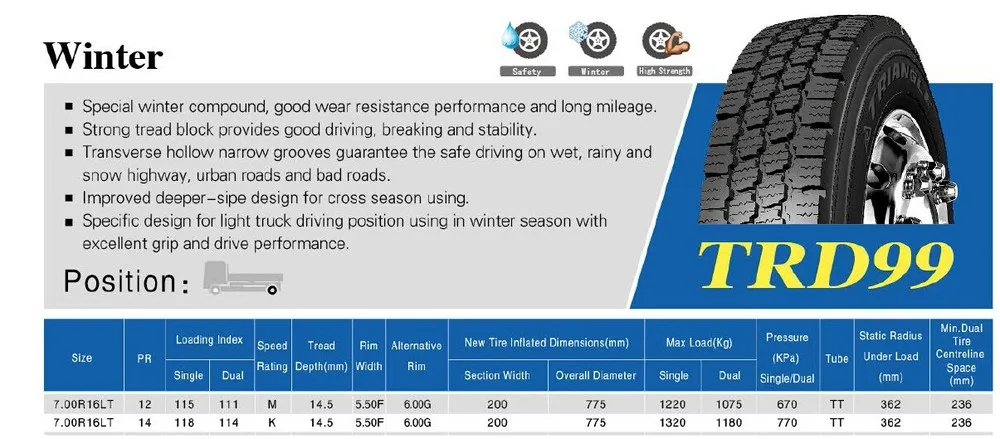
However, you must be careful who you choose to get road hazard through. Not all companies are going to follow through on the agreement, leaving you paying for protection that doesn’t matter when something actually goes wrong.
6. Wheel AlignmentWhen your new tires are installed, you will need to get a wheel alignment. Having properly aligned tires ensures that they last as long as possible.
You might pay between $75 and $200 to have the wheels aligned, depending on how many need to be done. However, this money can be seen as an investment, ensuring that your tires continue to provide reliable transportation.
How to Save Money on Tires1. Shop AroundThe most important factor is shopping around. You can call one location and get a price on a particular set of tires and the cost is completely different somewhere else, even though they are the same tires.
When you are shopping around, keep a couple of costs in mind.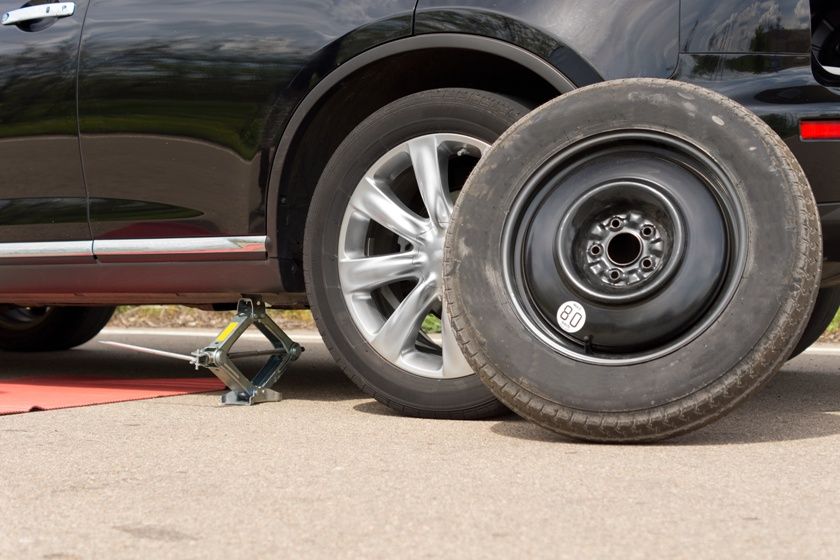 You will have the cost of the tires, the cost of installation and any fees that the company charges. Ask for the “out the door” price, so you can compare it apples-to-apples.
You will have the cost of the tires, the cost of installation and any fees that the company charges. Ask for the “out the door” price, so you can compare it apples-to-apples.
RELATED: How Much Do Rims Cost?
2. Watch for SalesYou can get a great deal if you shop during a sale. Of course, it’s not always convenient to wait for the next sale, but if you have some time before the tires need to be changed, this is a great way to save.
Throughout the year, tire shops will offer various sales. You can take advantage of a Buy 3, Get 1 Free deal or enjoy a certain percentage off. Most tire sales correspond with holidays, so you can tell when one might be around the corner.
3. Take Advantage of RebatesTire shops don’t often make a whole lot on the tire, so discounts can be limited. However, the manufacturers are happy to offer rebates throughout the year.
Most of the rebates are through the mail but can be found online.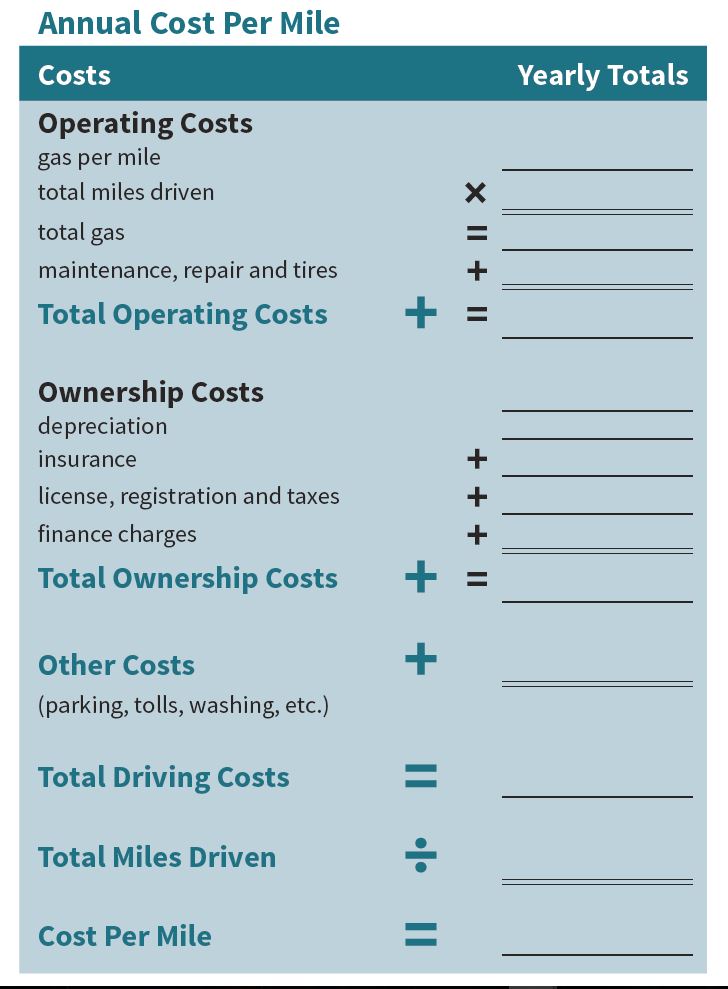 Additionally, the tire shops have the inside scoop on what’s available, so be sure to ask.
Additionally, the tire shops have the inside scoop on what’s available, so be sure to ask.
It’s not always wise to purchase used tires, but the takeoff is something entirely different. These tires were installed brand-new and only used for a couple of days before the customer decided they didn’t want them.
It could be that the client didn’t appreciate the ride or simply decided they wanted something better. Either way, the tire shop will offer the replacement tires at a discounted price, so be sure to ask what’s available, especially if you use a popular tire size.
5. Use All-Season TiresIf you live in a cold climate where a lot of snow falls, you might have two sets of tires. Most people in these regions use summer and winter tires. With two sets of tires, you have a lot more money out, especially every time you need to have them switched.
If you aren’t actually driving in the snow, it might be better to use all-season tires throughout the year.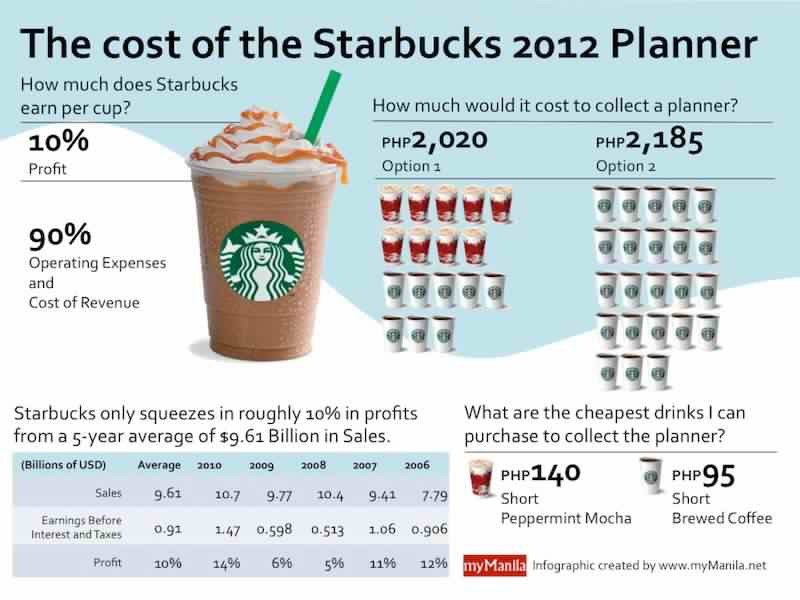 While these aren’t going to get you through deep snow, there’s no sense spending more for something you don’t need. Evaluate your options and see if you can stick to using one set all year long.
While these aren’t going to get you through deep snow, there’s no sense spending more for something you don’t need. Evaluate your options and see if you can stick to using one set all year long.
RELATED: 10 Best All-Season Tires – Review & Buyer’s Guide
The lifespan of a tire will depend on the type of tire, the type of driving you do, and the climate. Generally, tires last between 50,000 and 80,000 miles and 6 years. If you drive a lot in city traffic and brake a lot or live in a hot climate, your tires may wear out sooner. If you often drive around with low tire pressure or a bad wheel alignment, they may also wear down sooner.
If your tire tread depth is close to 2/32” or under, it’s definitely time to replace them. Most tire manufacturers recommend replacing tires every 6 years, regardless of the number of miles driven. This is because tire rubber degrades over time, even if the tires are not used. Tires that are more than 6 years old should be inspected by a professional to determine if they are safe to use.
Tires that are more than 6 years old should be inspected by a professional to determine if they are safe to use.
If your car is two-wheel-drive, it’s fine to replace two tires on the same axle instead of four, although you need to consider that your car will handle differently with two new tires than with four. If you are replacing two tires, it is best to put the new or best tires on the rear axle, as this will improve traction and stability.
On many 4WD and AWD cars, however, the diameter of the tires must match, otherwise, you can damage the transmission or the differential. Therefore, it is recommended to replace all four tires on 4WD cars, and it’s a requirement for many car brands like BMW and Audi.
You need to read the tire dimensions on your old tires and take them to the tire shop. You can also call your authorized dealer or check your owner’s manual if the wheels are stock.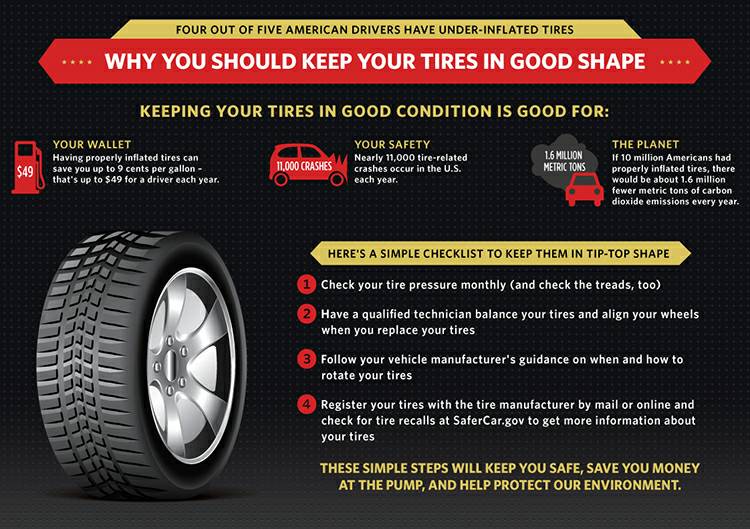
Was this article helpful?
YesNo
Your browser's Javascript functionality is turned off. Please turn it on so that you can experience the full capabilities of this site.
One of the most asked questions at Les Schwab is about the price of new tires. People want to know what a set of four tires will cost them. The price of a new set of tires depends on the type of vehicle you drive, how much comfort you want, ride quality, noise level, tread durability, and traction features, which can include seasonal tires and tires for specific terrain. Here’s how to understand the cost of your next set of new tires and why the Les Schwab Best Tire Value Promise saves you money with free peace of mind tire protection and a warranty that won’t cost you extra.
Price is a big factor for any purchase. While some online retailers might have the tires you want at a price you like, you run the risk of getting the wrong type of tires for your vehicle and driving needs.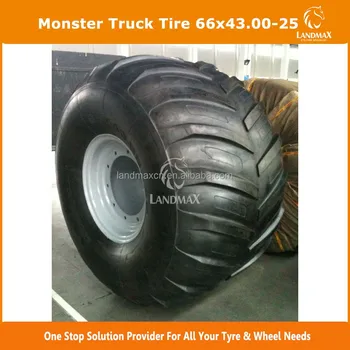 Plus, you'll need to find someone to mount them to your wheels, balance them, install them on your vehicle, and dispose of your old tires. This takes more of your time and adds to the overall cost of getting new tires. Then there are tire manufacturer warranties or other premium services to consider.
Plus, you'll need to find someone to mount them to your wheels, balance them, install them on your vehicle, and dispose of your old tires. This takes more of your time and adds to the overall cost of getting new tires. Then there are tire manufacturer warranties or other premium services to consider.
When you purchase passenger or light truck tires at Les Schwab, we mount them for free, rotate those tires for free, re-balance them for free, offer free flat repair and air-pressure checks, as well as give you a free best-in-the-industry warranty that even includes road hazard protection at no extra charge. More on that warranty in a bit.
On new tires, the price can range greatly. Tire size, which is directly tied to the vehicle you drive, affects the price. You’ll typically need a larger tire for a pickup than you would for a car. Tires are also priced based on the amount of rubber used to manufacture them as well as the manufacturing technology and features. For example, an electric vehicle (EV) will require performance tires with a higher speed rating and load capacity, which can cost more than a set of standard all-season tires.
For example, an electric vehicle (EV) will require performance tires with a higher speed rating and load capacity, which can cost more than a set of standard all-season tires.
As with any purchase with varying levels of price and performance, there are trade-offs to consider. These can include comfort, control and traction, tire life, durability, fuel economy and the cost of a set of tires. You might even consider replacing just two instead of all four tires to save money. However, doing so can impact vehicle safety, performance, and longevity. See our article on replacing all four tires on an AWD vehicle.
If you’re looking for maximum fuel efficiency, we can help with our article on how to choose car tires.
Looking for snow tires? Depending on what you drive, maneuverability in the snow can add to the price of tires. That’s because today’s snow tires are highly engineered and packed with technological breakthroughs designed to keep you and your family safe on the road, whether that’s bare pavement on a well-maintained interstate or a snow-covered, winding motorway through the mountains.
Check out our guide to buying tires for help pinpointing the type and size of tire you need. These can include all-season tires, all-weather tires, winter/snow tires, mud terrain, as well as all-terrain tires, performance tires, highway tires, traction tires, and specialty tires.
Another factor to consider when evaluating the price of a new set of tires is the warranty and other after-purchase services. The tread life on a set of tires can range up to 80,000 miles and beyond. Some places might charge extra for the warranty, but at Les Schwab, that’s part of our Best Tire Value Promise.
Our freebies include a world-class warranty, free lifetime tire and mileage care, and free peace of mind tire protection, including flat repair, rotations, rebalancing, replacement, safety checks, brake inspections, and visual alignment checks at any Les Schwab location. From Colorado and Wyoming to the West Coast, you’re never far from one of our stores – or the road services we deliver.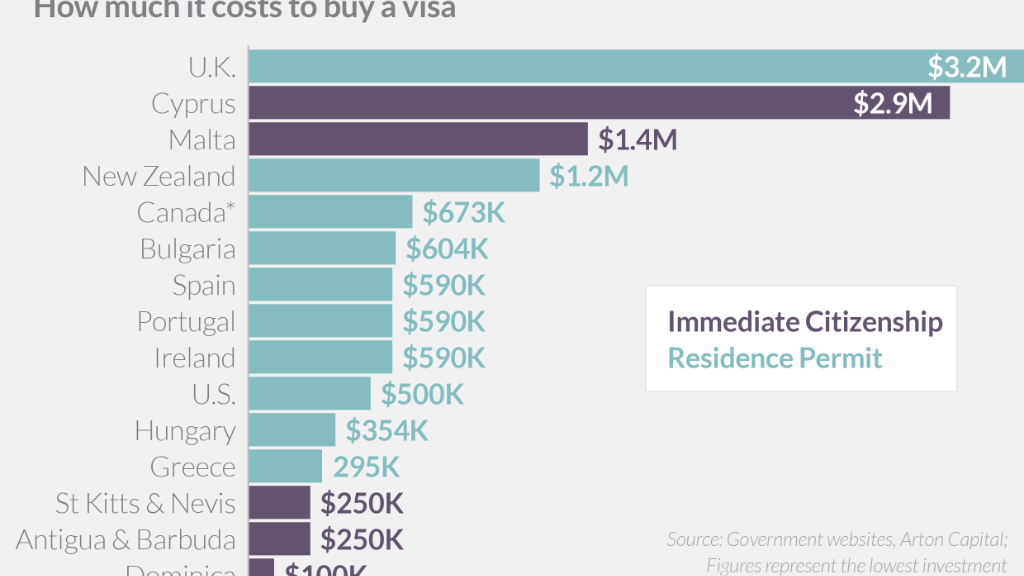 We even offer free tire disposal when you replace your old tires at Les Schwab.
We even offer free tire disposal when you replace your old tires at Les Schwab.
Many of today’s new vehicles come with run-flat tires. Most of the time, these cars don’t have a spare, making run-flat tires the important difference between being stranded on the side of the road or being able to get to a repair shop. However, they can be more expensive than standard tires.
When you’re ready to shop new tires, our pros are here to help. Stop by your local Les Schwab and we’ll take a look at your current tires, make recommendations for your next set, and show you all the options that best fit your driving needs.
Learn More About Tires
Konstantin Ishchenko
experienced motorist
Much depends on the condition of the suspension, springs and shock absorbers, but tires provide direct grip on the road. Wrong or worn tires can cause accidents. In this article, we will tell you how to avoid this.
Wrong or worn tires can cause accidents. In this article, we will tell you how to avoid this.
In the spring - from winter to summer. There are no strict requirements in the regulatory documents: it is recommended to use winter tires from December to February, and summer tires from June to August. There are requirements for studded tires: they cannot be used from the first of June - for this they can be warned or fined 500 R. From winter to summer, they change shoes at an average daily temperature above +7 ° C. After this mark, winter tires wear out quickly and hold the road poorly.
There are requirements for studded tires: they cannot be used from the first of June - for this they can be warned or fined 500 R. From winter to summer, they change shoes at an average daily temperature above +7 ° C. After this mark, winter tires wear out quickly and hold the road poorly.
Rules of the Customs Union "On the safety of wheeled vehicles"
In autumn - from summer to winter. It's time to change tires if the average daily temperature drops below +10 °C: summer tires become dull, grip becomes worse. In autumn, it is much more difficult to sign up for a tire fitting: the closer the frost, the longer the appointment. People are afraid of ice, the prospect of hitting someone else's car or flying into a ditch.
What to do? 02/21/20
Wheels scratched at my car service
Car tires are consumables. In addition to seasonal replacement, it is important to replace them as soon as they are worn out or seriously damaged.
When the tire is worn. Each car tire has a wear indicator - a special jumper between the tread islands. As soon as the tread wears off and matches the level of at least one of the indicator jumpers, it's time to change the tire. Such a tire is dangerous, especially on wet surfaces.
/carservice/
How to save money on the operation of the machine
Insufficiently high tread poorly removes water from the tire contact patch with the roadway. Where you can confidently drive 70–80 km/h on new tires, on worn tires you can lose control of the car already at a speed of 55–60 km/h.
Indicator bar on a tire that has been through a season and a halfSome manufacturers apply their own wear indicators in addition to the standard ones. For example, on Nokian tires, numbers are cut in the middle of the tread: the larger the number, the deeper the cut.
A relatively new tire will have a lot of numbers, a worn one or two will remain - the rest will be erased.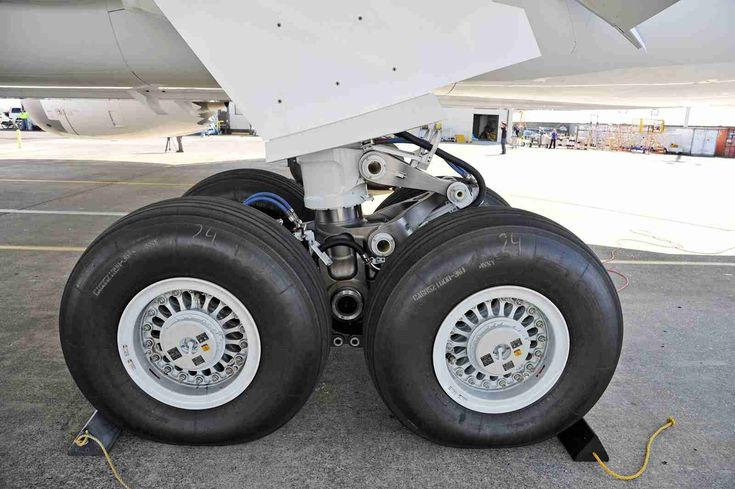 A drop with a cross is applied to the sidewall of the Continental tire. As soon as it is worn down to half, the tire should be considered worn out and replaced. But all these are rather exceptions - most tires do not have such indicators.
A drop with a cross is applied to the sidewall of the Continental tire. As soon as it is worn down to half, the tire should be considered worn out and replaced. But all these are rather exceptions - most tires do not have such indicators.
Wear may be uneven. If the tire has been inflated, the center of the tread will be worn off. If the tire pressure was too low, it will be relatively fresh and the sidewalls of the tread will be worn out.
Non-standard wear indicators. From left to right: Nokian with numbers - summer and winter, Continental summer - with a drop and a cross Tire that was pumped over: wear on the central part of the tread is much strongerIt also happens that either the inner or outer side of the tread wears out on one wheel. This means that the camber is broken - the angle of the wheel relative to the vertical plane. In this case, it is important to sign up for wheel alignment - this is a service during which the wheel alignment angles are adjusted.
It happens that the angles of the wheels are not adjusted.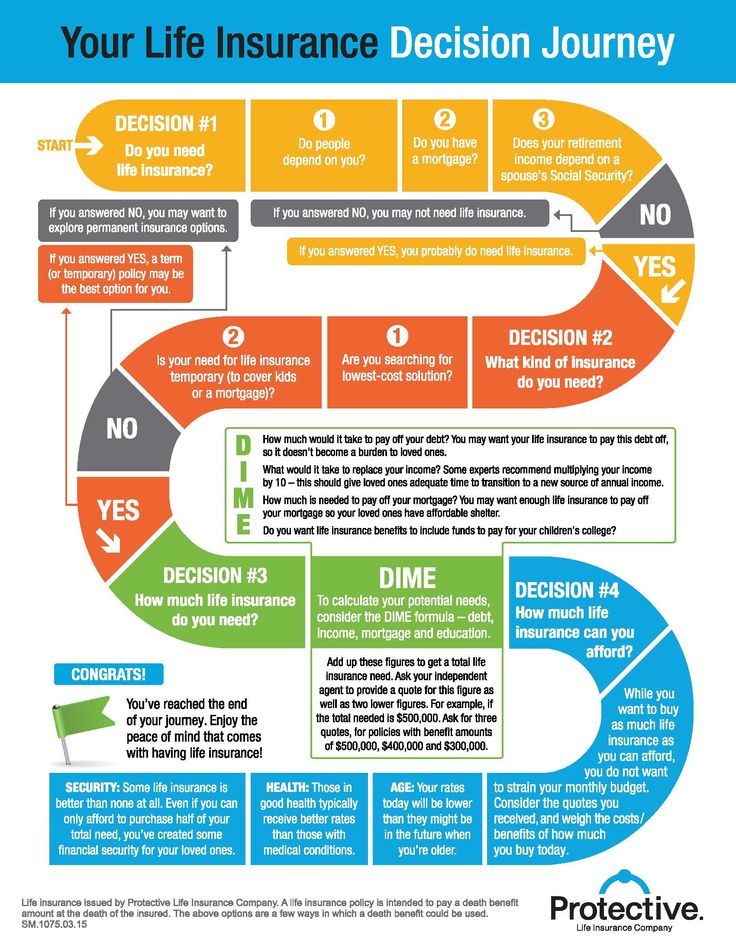 For example, if the car has been in a serious accident and its power parts of the body or suspension parts are deformed. In this case, you will have to eliminate these malfunctions, and then go to the wheel alignment stand again.
For example, if the car has been in a serious accident and its power parts of the body or suspension parts are deformed. In this case, you will have to eliminate these malfunctions, and then go to the wheel alignment stand again.
/sud-autoservice/
As I sued the auto service
Sawtooth or comb wear occurs on winter tires if the toe-in is broken - the angle of the wheel position in the horizontal plane. Sign up for a wheel alignment so that the same wear does not appear on the new tire.
Uneven tread wear. The tire was on a wheel with unadjusted camber Comb-shaped tread wear. Source: mashintop.ru When the tire is damaged and it is noticeable. It is quite easy to damage a tire: cut the sidewall, run into a piece of reinforcement or get hit, in place of which a hernia will come out. All sidewall damage is a good reason to buy a new tire: repairs will be expensive and ineffective. Damage to the working part of the tire - the tread - is less critical.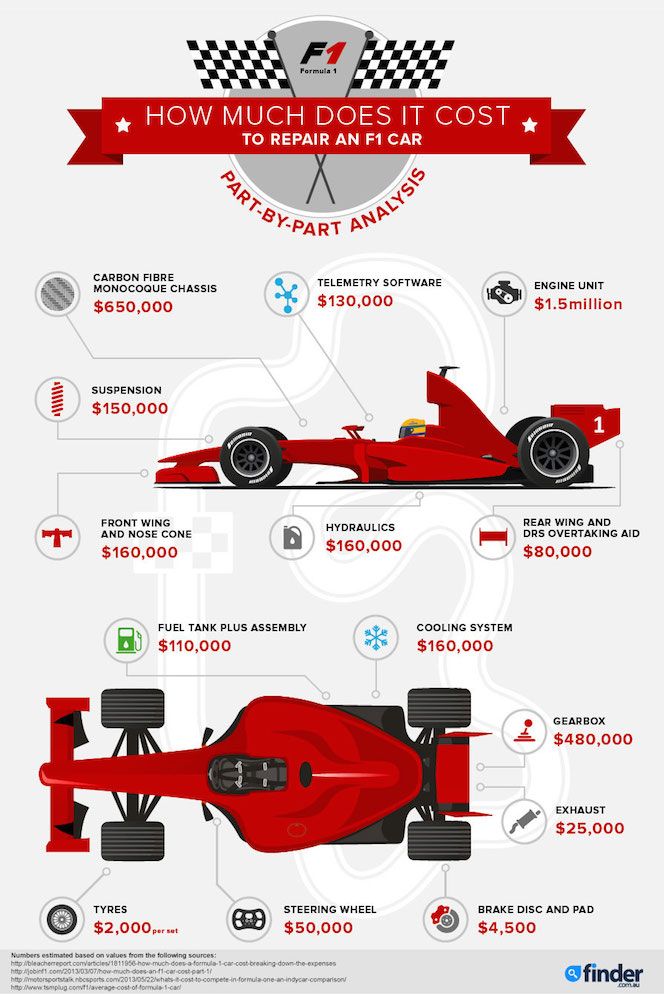
When damage is present but not visible. Hidden damage may appear on the back of the wheel. For example, a driver caught a hole, felt a good hit, got out, saw that everything was in order, and drove on. And on the reverse side, a piece of rubber was torn out and the cord became visible - the metal carcass of the tire. Such damages are found only when inspecting the chassis or at a tire fitting, and this is bad: they can cause an accident or serious damage to the car.
Service life of car tires. The tire life recommended by most manufacturers is five years, but this does not mean that they cannot be used for the sixth year. The expiration date is not limited by any documents.
GOST R 52900-2007
Tire manufacturers estimate tire service life differently. Nokian provided the most detailed explanation: “Tire life is not defined by law, but tires can only be considered new if they have been manufactured within the last five years. The recommended tire life is 6 years and the maximum is 10 years. Then the tire loses its consumer properties: grip deteriorates, vibration may appear on the body or steering wheel.
The recommended tire life is 6 years and the maximum is 10 years. Then the tire loses its consumer properties: grip deteriorates, vibration may appear on the body or steering wheel.
5 years
tire life recommended by most manufacturers
Storage location - less than a meter away from direct sunlight and heaters. In the sun, near the battery and in the rain, the tire will quickly lose its properties: the rubber will dry out and collapse. Permissible temperature - from -30 to +35 ° C, humidity - 50-80%. Do not leave the wheels dirty; they must be thoroughly washed before seasonal storage. Tires can be stored under a canopy in the open air for no more than a month.
GOST 54266-2010
The method of storage depends on the set: either tires separately or wheels as an assembly. Tires up to 205 mm wide can be stored in even stacks up to 2 m high. Tires from 210 mm are stored vertically - on edge. Every three months, all tires, regardless of width, should be rotated to change the footprint.
Every three months, all tires, regardless of width, should be rotated to change the footprint.
GOST does not explain how to store the wheels as an assembly, but Nokian has a visual manual for storage. Continental recommends hanging wheels by rims or storing them in a stack, similar to tires, turning them over every 4 weeks. It is advisable to reduce the air pressure in the tire to 1-1.5 atm and not make stacks of wheels - a tire plus a disk - more than four pieces.
Nokian Tire Storage TipsPDF, 2.1 MB
Featured Articles for Motorists
How to drive without fines and not overpay for car maintenance - in our newsletter along with other materials about money
First of all, you need to decide which tires are suitable. All important characteristics are written on the sidewall of the tire.
It is important to consider the dimensions of the tire when selecting it for a specific car and rim. All options provided for by the design of the car are written on special plates.
All options provided for by the design of the car are written on special plates.
Depending on the brand of car, they can be found on the gas tank flap or on the B-pillar in the driver's doorway. The recommended tire pressure is also written here.
/usedcar/
How to buy a used car
Decal with Mini John Cooper Works tire parameters in the doorway: size and recommended pressure at different loads Decal on the gas tank flap Skoda OctaviaTire sizes are indicated in the format xxx/xx Rx. They are on the sidewall of the tire.
The first parameter is the tread width in mm. The size step is 10 mm, always 5 at the end. Next is the tire profile, or its height as a percentage relative to the width. The width of a tire with parameters 235/55/R16 is approximately 129 mm, and for a tire 195/55/R16 it is 107 mm.
R - an indication of the type of tire, in this case, that it is radial. There are also diagonal ones, but this is an outdated design.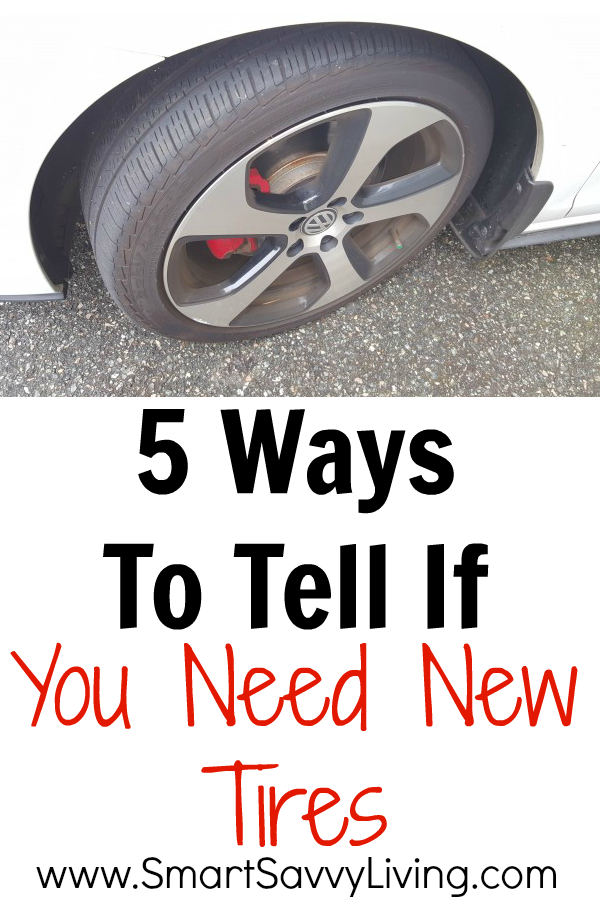 These have not been used for cars for a long time. The difference is in the design of the cord. A popular misconception is that R is a radius.
These have not been used for cars for a long time. The difference is in the design of the cord. A popular misconception is that R is a radius.
The last two digits are the diameter of the rim in inches, on which the tire can be placed.
It is undesirable to deviate from the tire parameters recommended by the car manufacturer. This can adversely affect handling, as well as cause the tire to rub against the wheel arch or suspension parts: this will damage the tire and increase the likelihood of an accident.
It happens that on the front and rear axles from the factory there are disks for rubber of different sizes. Usually we are talking about the width - the rear wheels can be wider than the front. In the people, such a set of disks is called a different-wide one.
Tube or tubeless construction. Previously, a car wheel consisted of three main parts: a disc, a tube, and a tire. The tire was responsible only for traction and overall strength, the chamber was a container for air.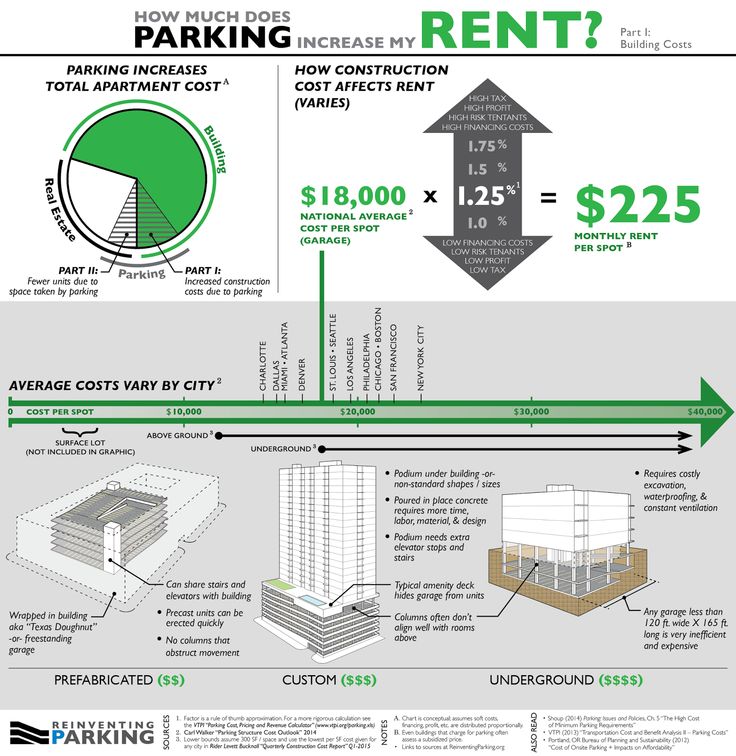 This design had serious drawbacks:
This design had serious drawbacks:
Now you can find a tube tire on a car only in a museum or in your grandfather's garage: the technology is outdated.
Modern tubeless tires do not have these drawbacks. Special protrusions in the disks — hubs, for which the tire clings, help to maintain the tightness of the tubeless wheel.
Manufacturers still mark tubeless tires with a special tubeless mark, and those intended for use with a tube - tube type, but now these are only rare domestic models Cord construction type. Each tire is multi-layered, a single rubber product will not be able to provide the desired shape and strength.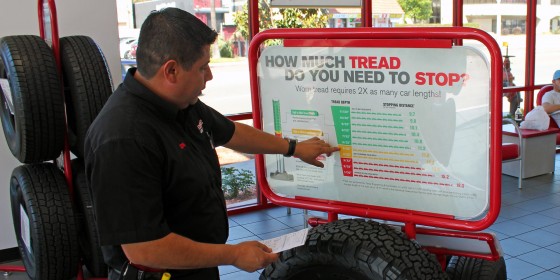 Therefore, inside the tire there is a cord - a kind of carcass. The cord can be metal, synthetic fibers or textile threads. According to the method of laying the cord, tires are divided into radial and diagonal.
Therefore, inside the tire there is a cord - a kind of carcass. The cord can be metal, synthetic fibers or textile threads. According to the method of laying the cord, tires are divided into radial and diagonal.
| Bias tire | Radial tire |
|---|---|
| 2 or more cords | 1 ply cord |
| Smaller footprint | Larger road contact patch |
| Tire heavier than | Tire lighter |
| Used on commercial vehicles | Used on passenger cars |
| Cheaper than | More expensive |
Bias
Radial tire
2 layers of cord or more than
1 layer of cord
Less contact stain with an expensive
SPECTION with an expensive
tire
Lighter
are used on commercial equipment
used on cars
Cheaper
More expensive
Radial tire cords are parallel to the wheel circumference, on top of each other.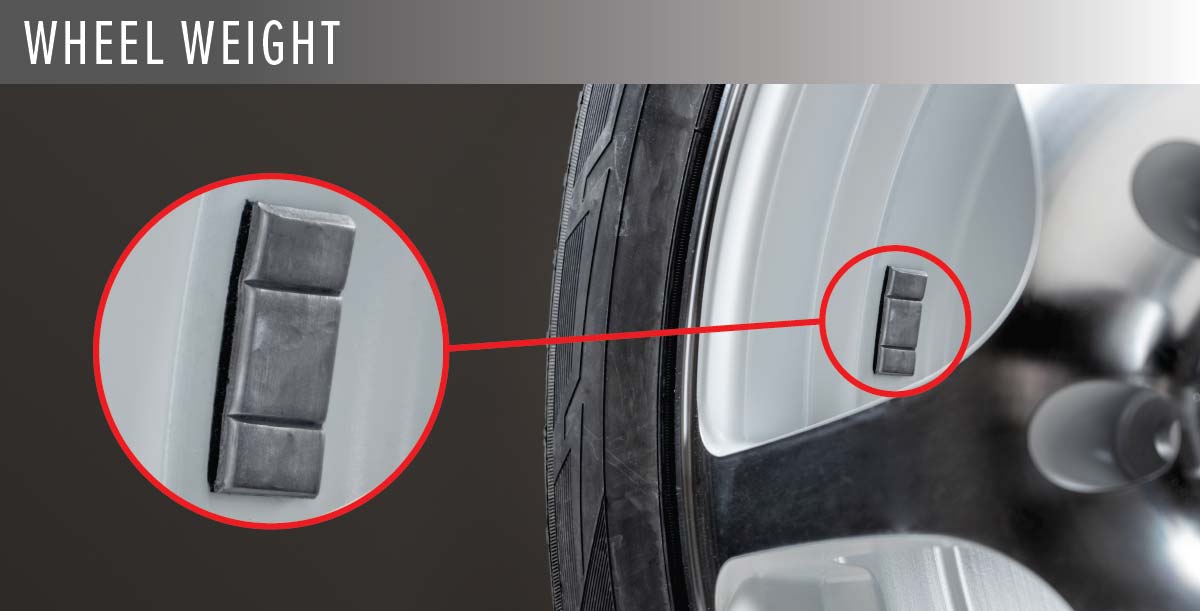 For diagonal tires, the cord layers overlap each other diagonally. Source: Kolobox
For diagonal tires, the cord layers overlap each other diagonally. Source: Kolobox DOT marking. The name comes from the American Department of Transportation - an analogue of our Department of Transportation. In 1978, this department approved mandatory labeling for all automobile tires, which includes Treadwear, Traction, and Temperature grades marked on the sidewall. Now most manufacturers use this system, selling tires without such marking is illegal in the USA.
Treadwear. Some people want tires to last as long as possible, others want good grip. So far, these qualities have not been learned to combine in one tire.
The wear rate of a tire is indicated by the Treadwear index. Typically, for products for passenger cars, this parameter ranges from 100 to 600. In terms of kilometers, this is approximately 10,000-15,000 km per hundred points. For example, index 240 corresponds to 24,000-36,000 km.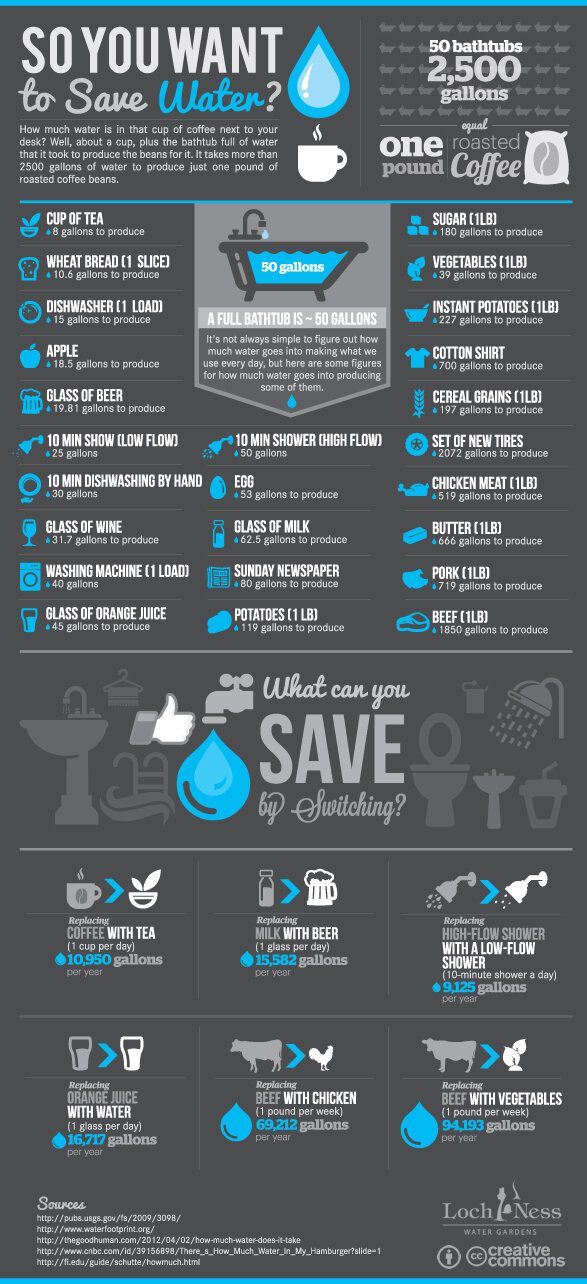 At the end of the range there will be tires that were used with a calm driving style.
At the end of the range there will be tires that were used with a calm driving style.
Traction also shows the grip class, but unlike Russian traffic rules and technical regulations, the classification is based not on distance in meters, but on the deceleration coefficient - G, which the tire can provide. According to Traction, all tires are divided into classes according to their ability to effectively stop a car on wet asphalt and concrete: from the best AA to the worst C.
| Class | G on asphalt | G on concrete |
|---|---|---|
| AA | More than 0.54 m/s² | 0.38 m/s² |
| A | More than 0.47 m/s² | 0.35 m/s² |
| B | More than 0.38 m/s² | 0.26 m/s² |
| C | Less than 0.38 m/s² | 0.26 m/s² |
Grade AA
G on asphalt
More than 0.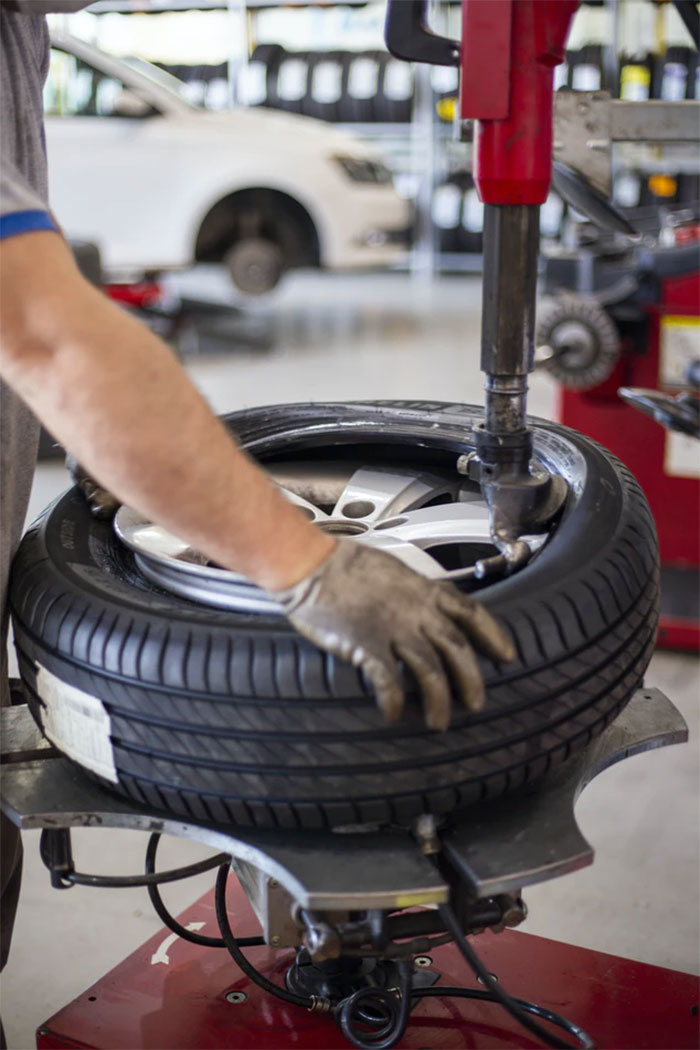 54 m/s²
54 m/s²
G on concrete
0.38 m/s²
Grade A
G on asphalt
more than 0.47 m/s²
G on concrete
0.35 m/s²
Class B
G On the asphalt
more than 0.38 m/s²
G on concrete
0.26 m/s²
Class C
G on asphalt
less than 0.38 m/s²
9000 G on concrete0.26 m/s²
Temperature curve, Temperature. All tires are divided into three classes according to resistance to heat generation during movement: A, B and C. Class A tires effectively remove heat at speeds over 185 km / h, class B - from 160 to 185 km / h, class C - from 137 up to 160 km/h. For passenger cars, there are almost no tires on sale, except for class A.
Runflat. This rubber has a thick and stiff sidewall. It can be driven up to 80 km at speeds up to 80 km/h after a puncture or side cut with a complete loss of pressure.
It is important that the machine is equipped with a tire pressure system, otherwise the driver may not recognize a flat tire, exceed the recommended speed, or drive more than 80 km, which at best will lead to damage to the rim, and at worst, to an accident.
Many vehicles come with runflat tires from the factory. Especially on those who do not have a spare tire. Such tires are 1.5-2 times more expensive than ordinary ones, they make driving less comfortable: due to the hard sidewall, such rubber smooths out bumps much worse and is heavier than conventional tires.
But you don't have to call a tow truck: you can almost always get to the tire shop on your own. If you drive on a relatively flat road, there will be no damage to the alloy wheel: it is still a few centimeters from the road surface.
/otozvali/
How to repair a car under a recall campaign
Load and maximum speed indices. Load Index is a two- or three-digit number that indicates the maximum weight that the tire can support. The speed index is denoted by a Latin letter. It shows the maximum allowable speed that the tire can withstand. All indices are summarized in tables.
| Speed index | Maximum speed, km/h |
|---|---|
| L | 120 |
| M | 130 |
| N | 140 |
| P | 150 |
| Q | 160 |
| R | 170 |
| S | 180 |
| T | 190 |
| U | 200 |
| H | 210 |
| V | 240 |
| W | 270 |
| Y | 300 |
| Z | 300+ |
Speed index
Maximum speed, km/h
If you want to know how to read the load index, find your value in the table.
Load index
Mass per tire, kg
100
800
101
825
104
900
105
925
106
950 9000 9000 9000 9000 9000 108
1000
109
1030
110
1060
111
1090
112
1120
113
11502
114
1180
115
1215
116
1250
117
1285
118
1320
119
1360
120
1400
121
14000 22222 9000 9000 9000 9000 9000 9000 9000 9000,000,000,000 9000,000,000 9000,000,000,000 9000,000,000,000 9000,000,000,000,000,000
| Load index | Weight per tire, kg | Load index | Weight per tire, kg | Load index | Weight per tire, kg |
|---|---|---|---|---|---|
| 62 | 265 | 83 | 487 | 104 | 900 |
| 63 | 272 | 84 | 500 | 105 | 925 |
| 64 | 280 | 85 | 515 | 106 | 950 |
| 65 | 290 | 86 | 530 | 107 | 975 |
| 66 | 300 | 87 | 545 | 108 | 1000 |
| 67 | 307 | 88 | 560 | 109 | 1030 |
| 68 | 315 | 89 | 580 | 110 | 1060 |
| 69 | 325 | 90 | 600 | 111 | 1090 |
| 70 | 335 | 91 | 615 | 112 | 1120 |
| 71 | 345 | 92 | 630 | 113 | 1150 |
| 72 | 355 | 93 | 650 | 114 | 1180 |
| 73 | 365 | 94 | 670 | 115 | 1215 |
| 74 | 375 | 95 | 690 | 116 | 1250 |
| 75 | 387 | 96 | 710 | 117 | 1285 |
| 76 | 400 | 97 | 730 | 118 | 1320 |
| 77 | 412 | 98 | 750 | 119 | 1360 |
| 78 | 425 | 99 | 775 | 120 | 1400 |
| 79 | 437 | 100 | 800 | 121 | 1450 |
| 80 | 450 | 101 | 825 | 122 | 1500 |
| 81 | 462 | 102 | 850 | 123 | 1550 |
| 82 | 475 | 103 | 875 | 124 | 1600 |
Pressure index is another name for the load index.
Euro label. Manufacturers put special stickers on tires. They have three parameters that are not written about on the bus itself. These stickers appeared in 2012. Since then, they have been on any tire sold in the EU.
Label according to EC Regulation 1222/2009. This is a complex document with formulas and parameters like rolling resistance - it does not contain the usual values like fuel consumption or braking distances. The sticker describes the tire according to three characteristics: noise level, fuel economy class and wet grip class.
/top-economic-cars/
11 economical cars for everyday driving
Noise level shows the noise level in decibels. One black sound wave is 3 or more decibels below the 2016 European norm. Two waves - at the normal level or quieter, but less than 3 decibels. Three - noisy tire, out of limit.
Fuel economy class. A is the most economical. The lower the class, the more the tire resists rolling and the higher the fuel consumption. There is a 7.5% difference in fuel consumption between the most economical class A tire and the most "wasteful" class G. That is, for an average car with a consumption of 10 liters per 100 km and an annual mileage of 25,000 km, class A tires will save up to 187 liters of fuel - 8000 R.
Road grip. The same letters, but without color indication. This estimate was obtained when checking the braking distance on asphalt. The shorter the stopping distance, the closer the letter is to the beginning of the alphabet. The difference between A and G is more than 18 meters: A is the minimum stopping distance, B is plus 3 meters to A, C is plus 7 meters to A, D is plus 10 meters to A, E is plus 12 meters to A, F is plus 18 meters to A.
Sticker on a new tire Color markers on tires. There are another colored stripes on the tire tread - these are technological marks, they are of no use to the buyer. These drawings guide the production line, and they can also show the batch and release date.
The most pedantic car owners may try to buy a set of new tires with identical stripes, but it is better to focus on the stamp with the release date on the sidewall.
Features of the choice of all-season tires. Theoretically, they can be ridden all year round. The rubber compound works in the temperature range from -7 to +15 °C. In severe frosts, rubber hardens like summer tires at temperatures below +10 °C, and in hot weather it becomes softer, like winter tires at temperatures above +7 °C. In any case, all-season tires are not suitable for either hot asphalt or ice ruts.
All-season tires are chosen when they want to save on tire fitting and buying an extra set of tires. This is true for crossovers and SUVs with relatively low annual mileage.
Features of the choice of summer tires. There are models for quiet city driving. Such tires will help save fuel, please with a low noise level and will last three to four seasons. At the same time, they will not tolerate overheating, will not provide perfect grip on the road and will not allow you to drive a car with great comfort.
The opposite - tires for those who like to push the gas to the floor. Such tires will make noise, increase fuel consumption and wear out in one or two seasons. In return, the driver will get excellent grip and driving pleasure.
Features of the choice of winter tires. There are three types of winter tires.
The studded tires are good for driving on ice and packed snow. They have relatively hard rubber, deep tread and studs. And they also hold the road well on asphalt: the spikes have been hidden in the tread for a long time.
Ideal conditions - ice cover above -15°C. The ice is soft enough for the spikes to grip most effectively.
Disadvantages: they are very noisy, they have a low speed index. Usually, you can drive on studded tires no faster than 160-180 km/h. And they are also banned in many European countries because they spoil the asphalt.
Scandinavian type friction tires, aka Velcro, without studs and made for harsh winters. Rough tread pattern, soft rubber compound and many sipes - horizontal slots on the islands of the tire tread.
Ideal conditions are snow and ice below -15°C. They are noticeably quieter, you can move at a much higher speed on them.
Disadvantages: such tires wear out quickly, almost do not hold the car on melted smooth ice at temperatures above -5 °C. There is a small distance between the tread islands, such tires do not remove water well from the contact patch with the roadway.
Alpine type friction tires without studs and made for mild winters. There are 1.5-2 times fewer sipes on the tread, the grooves for water drainage are much wider. This is the most wear resistant winter tire.
Ideal conditions - puddles, asphalt, -5 to +3 °C. Well remove water from the contact patch with the roadway.
Disadvantages: poor grip on any ice and packed snow.
According to the Rules of the Road, different tires cannot be put on one axle of a vehicle. This is considered a malfunction in which the use of a car is prohibited.
p. 5 of the Traffic Regulations of the Russian Federation: wheels and tires
At the same time, the rules do not prohibit installing tires of different brands and models on different axles of the same car, but it’s better not to do this. The car and all its systems are designed for the same tires with the same grip.
This is especially true for modern cars with many electronic assistants: stabilization systems, brake force distribution. You can drive on such a combination of tires, but no one knows how the car will behave in an extreme situation.
Like everywhere else, there are premium brands and there is something cheap. But cool brands have failed models, while budget brands have successful ones.
There is a lot of research and testing behind well-known brand tires. Before entering the market, large companies test each new model in the most extreme conditions. Tires can be rolled on arctic ranges or in the desert.
Often, rubber is tested in the conditions of sports competitions and only then the technology is sent to the mass market. The more famous the manufacturer and the more expensive its products, the greater its budget for the development of new models.
There are also very cheap tires, often from China. They can directly write that they copied the tread pattern of a prestigious model, but this is not enough: there is also a rubber composition, cord design and other parameters.
Prices for tires of the same size may differ by multiples. The smaller the profile and the larger the width, the greater the difference.
To look at something other than the brand and choose what you need, there is an algorithm:
Specialized stores. There is a large selection, manufacturers' catalogs and competent advice. This will appeal to those who buy car tires for the first time or are simply not very interested in the technical side of cars. There is a service here - there will be a guarantee for tires, there is tire fitting and seasonal storage. The one-stop principle works: you can arrive on spikes and leave on a new summer and with an empty trunk.
Online hypermarkets and warehouses. Rubber is sold by large Internet sites and small shops. The option is suitable for those who want to find cheaper, are ready to take risks and waste time for this. Here, the entire responsibility for checking the parameters of the tire, the date of its release and, in general, compliance with the order lies with the buyer. If something goes wrong, you will have to take all four tires to no one knows where and change them. Tire fitting and storage is the buyer's concern.
/save/mashina-hack/
How to save on car maintenance?
Flea markets, car club forums and ad services. Avito, Yulia and specialized automotive forums offer a lot of rubber. You can buy a completely fresh set at a good price, or you can buy rubbish and expensive. There is a great risk of buying tires with hidden damage: the fact that the tire is crooked will only be opened at a tire fitting, many hernias will be visible only on an inflated tire.
Sometimes the ability to measure depth and read parameters does not help. To put the correct year on an old tire, there is a special stamp. The tread depth can be machined, and a tire that is white from old age can be treated with ink.
With the help of special equipment, you can even remove the remnants of the old protector and stick a new one. It remains to hope for the reputation of the seller and look at the goods that he sells or sold. I try to avoid those who sell used rubber all the time.
First of all, the size. The larger the diameter, the more expensive. But at the same time, the lower the tire profile, the more expensive it is. This may seem counterintuitive, as less material is used.
Tire inner layers and construction play an important role. Due to the low profile height, the sidewall of such a tire must be much stronger than the same tire with a high profile.
Tire make and model affected. Rubber from large, famous brands with a century of history is more expensive, but the budget lines of well-known companies will allow you to save a lot. Tires of young, unknown manufacturers, especially Asian ones, will cost even less.
Tires with runflat technology are more expensive than conventional tires, because their sidewalls have special requirements.
Is it worth buying retreaded tires? It is almost impossible to buy such tires for a passenger car in Russia in 2021. The cord design of car tires for projector restoration is not intended, unlike truck tires, for which this is a very popular service. In some Eastern European countries, you can buy retreaded tires in popular sizes, but their properties are mediocre: long braking distances, poor handling.
When is the best time to buy tires? The popular theory that tires are best bought between seasons is no longer relevant. You won’t be able to save money this way: the price of tires almost does not change throughout the year.
The tire business is seasonally cyclical, and it is not worth hoping for discounts on studded tires and its wide selection in June. For the next winter season, it will be delivered in August, and summer tires in March.
But by the season, the freshest tires will be on sale. This is true for those who drive very little, or for sports tires. The fresher the tire, the better the grip will be: the rubber compound loses its properties over time.
Always make sure that your tire pressure is correct: it is critical to tire health. If you lose pressure, do not continue driving on an empty wheel: this may destroy the tire.
Try not to store tires and the vehicle within half a meter of heaters.
Old tires cannot simply be thrown in the trash or buried. This is hazard class 4 waste, they must be disposed of.
GOST 12.1.007-76
Tires can be sold on Avito or other ad service. It will turn out if there is no serious damage and the tread depth allows them to be used further.
Old tires are readily picked up by a tire shop. Free if the tread is enough for the season. If the rubber is completely worn out, they will accept tires for recycling and take 100-250 R for one tire.
/avito-text-and-pics/
How to sell on Avito: put photos and ad text
Tires can also be recycled on your own. There are organizations that accept used tires for recycling and do not ask for money for it. It happens that they organize special collection points, containers, or come for tires.
Container for receiving tires for recyclingKonstantin Ishchenko
an experienced car enthusiast
It hits the motorist’s budget the most when you have to buy both summer and winter sets of tires within one of the year.
For example, the popular Nissan Qashqai is equipped with 225/45 R19 tires in the maximum configuration, a set of the middle price category will cost about 50,000 RUR.
But there is an option to save money and buy used tires. This article will tell you how to safely buy used tires and when you shouldn't.
Suppose that the tires are worn out, worn out or the season has changed. We wrote in detail about how to assess the condition of tires and understand when they need to be changed in a separate instruction. Before you start looking for tires, it is important to be able to read their parameters. The most important in this situation are the size, manufacturer and model of the tire.
If the task is to buy a set of four tires, then it is important to respect the size. If you have damaged one tire, you will have to look for exactly the same one: two wheels of the same axle must have tires with the same tread pattern, and this is possible only in the case of tires of the same model.
/save/koleso-hack/
How to save on buying car tires and wheels?
Tire parameters important to look for: width, profile height and rim diameter Tire manufacturer and modelAccording to Avtostat, an average car in Russia drives 17,500 km a year. Let's take the average wear resistance of tires according to the Treadwear index - 320 and calculate how long a new set of summer tires could theoretically last.
Every 100 index units is 12,500 km, which means tires are rated for 40,000 km. Assuming that the summer kit is used for 6 months out of 12, the mileage for six months is 8750 km, and the kit is enough for 4.5 seasons.
If the annual mileage is 30,000 km, then the summer kit should wear out in 2.7 seasons. But I have not met people who change tires in the middle of the season: either they change them in the spring, or they drive them until autumn.
Judging by Yandex Market, the average popular tire 205/55 R16 costs 5500 R, which means that the set is 22 000 R. Let's round up 2.7 to three full seasons. One season costs Rs. pay more than 14,000 R. How to evaluate the tread depth on a used tire, we will tell a little later.
/top-economic-cars/
11 economical cars for daily driving
These are very average values, but still usable. There is no perfect formula, operating conditions and driving style are very different.
Buying used tires will allow you not to get into a loan if a new set is too expensive. Or it will help those who know for sure that at the end of the season they will change the car: there is no point in buying new tires for the next driver. However, the theoretical calculation does not take into account your travel time for the next purchase and the risks of buying a bad kit. If you plan to drive a car for at least two years, buy new tires.
Velcro on stamped disc. A set of tires and wheels - 3000 R. I took it to change the car into it for the duration of a long body repair.At first glance, selling tires is illogical. Tires need to be worn out completely and then disposed of, but the market for used rubber is huge. It has several types of sellers with very different offers.
Companies that sell used tires from Europe and Japan. Despite the ban on the import of used rubber, which has been in effect in the Eurasian Customs Union since January 1, 2010, this business is booming. The main thing is to prove that tires are not hazardous waste and they are not imported for recycling. Therefore, on Avito and various sites, many offices offer used tires of various brands, sizes and models.
| Benefits | Disadvantages |
|---|---|
| Huge selection of summer tires Advice available, professionals know their product Usually there is a tire service on site Safer online shopping. Tire warranty until the first tire fitting, a defective tire will be changed to a good one or money will be returned | There is almost no choice of winter tires: no studded and little friction - Velcro. You can only buy "euro-winter" for mild climatic conditions. Consultation will not always be truthful and in the interests of the buyer. Everything is like on the market in the bad sense of the word Tires can be of the old year of manufacture |
Here are some of the advantages of specialized stores that sell used tires:
But there are also disadvantages:
Dealers and tire shops. They differ from the first ones in scale - they are much smaller, and also in that they trade at best on the scale of one city. Often the base for such activities is a tire shop. They buy cheaply at Avito or from tire fitting clients, sell more expensively at Avito or other tire fitting clients.
There are also not very pleasant scenarios: an unscrupulous tire fitting worker offers to dispose of a completely normal set of rubber “as a friend” and gets it for free. For another client, the same kit “very much nothing, two seasons will definitely pass” costs 15,000 rubles.
/save/garage-hack/
A typical tire shop that sells rubber for emergency replacement of a damaged tire. The choice is small, storage is not according to the rules: direct sunlight damages tires. But there are situations when there is no choice
Individuals who sell unwanted tires for a variety of reasons. Here are the main ones:
| Advantages of | Disadvantages |
|---|---|
| You can search tires by car make and model, not just size With a bit of luck, you can make a super bargain | You will have to choose among ads for a long time and carefully Many do not know what they are selling (errors in names, sizes and tire models are the norm) A rare seller agrees to tire fitting in his presence, everything will have to be checked by himself and by hand Many scammers: they can offer to leave an advance payment and disappear or send an erased kit instead of what is in the ad No warranty on tires |
Here are the benefits of buying used tires from individuals:
But there are also disadvantages:
Universal ad platforms: Avito, Yula and others. Here is the largest selection of used tires. Both private traders and professionals sell. Despite the convenient application and filters, it takes a lot of time to search. Don't expect every seller to list the model correctly. Bridgestone Potenza can become just "Bridge Stone" - and this is not the worst option.
You will have to scroll through a huge number of ads with completely worn-out tires that are only suitable for recycling. Unfortunately, no filters will save you from this. Looking for tires on Avito is like looking for a treasure: you have to dig a lot, and no one guarantees a reward, but some are lucky.
/avito-fraud/
"Avito": how to avoid scammers
Adjust the filter by size - so you will have more chances to find the tires you need You can no longer drive on such tires: they are worn out to the limit marks, this can be seen even in the photo. Plus, the sidewalls are very worn out. But the seller still thinks that he can get 3000 R for them Websites for car sales announcements: "Avto-ru" and "Drom". There are few private ads here, mainly specialized stores operate on such sites.
Droma has the largest selection of used wheels and tires from Japan in the country. Drome offers a good customer protection service and acts as a guarantor of purchase: if they send you worn or damaged tires, the site will return the money. If everything is fine, they will be transferred to the seller.
At the time of writing the article on Avto-ru, there were only five private ads for the sale of tires of the common size 205/50 R17 throughout Russia. It makes no sense to look for tires from private traders on this site. Source: Avto-ruCar club sites: forums, chats, Drive-2 — places where representatives of car clubs communicate. Sometimes it can be difficult to find the site itself. This can be a group on Vkontakte, a chat on Telegram or WhatsApp.
There are fewer offers here, but they are more interesting, more likely to find a good set. It is not customary to post completely junk for sale in communities or to greatly inflate the price: the ad will be discussed, criticized, or even deleted altogether.
But don't forget about safety. You should not buy something without verification or send the entire amount to a stranger in another city. It is usually customary to ask a friend of a teammate to go look at the kit and make sure that the tires are sent. Here, as a rule, you can place your ad on the purchase of the necessary tires and wait for responses.
There is a flea market on Drive-2. It is not very popular, but it is worth looking into it: there are filters separately for disks, wheels and tires, you can specify the dimensions.
/carservice/
How to save money on car operation In most cases, such sellers open an official representative office on Avito, but some sites are also still working. They may have rare tires or a more interesting price. Large auto-dismantlers rarely sell tires - they mainly sell sets of wheels. The condition of the tires on the rims is most often mediocre: a car is not sent to scrap on good tires.
Tire shops and car services. It's hard to find interesting deals on tires here, it's not their business. Tires in a tire shop are usually bought in emergency cases: when one or more tires are damaged, but you need to somehow drive a couple of weeks to pay.
Price. Before buying used tires, it is better to check the price of new tires of the right size. Tires from young Chinese brands are very cheap, and the market for used tires is overheated and overpriced. It is impossible to unequivocally answer which is better: a new tire from an unknown manufacturer or a used tire from a well-known brand. But it is necessary to compare, study reviews and weigh everything.
At first glance, an excellent offer. A set of fresh tires 215/55 R17 with 20% wear for 18,000 R. But the indicated balance of 6 mm is about 30% wear. The remaining tread of the new tire is 8 mm, the tread limiter bar has a height of 1.Manufacturer, model, size, indices and other features. Be sure to check all tire specifications - everything that is indicated on the sidewall. The seller may not understand tires well or deliberately lie. Carefully inspect each tire. For example, you can accidentally buy a set of four tires, where three will be with runflat technology and one without it. If buying tires remotely, always ask for individual photos of each tire in full detail, or even better, a video.
Tire year. Tires that are more than 5 years old are very often among the ads of specialized stores. Tires may have excellent tread residue, but it is better to refrain from such a purchase. The older the tire, the worse its properties and the greater the chance of hidden damage: cracks, delaminations and ruptures.
/wtf/bezkoles/
How online tire stores deceive car owners
The tire release marking always looks like this: the first two digits are the week of production, the second two are the yearTread depth. It is not necessary to measure the residual depth “by eye”, it is better to buy a special device or use a caliper. The standard tread depth of new summer car tires is 7-8 mm, winter tires are 8-10 mm.
About tires that are long overdue for disposal, they wrote above: summer tires less than 4 mm or winter tires less than 5 mm should not be bought "for the season", it is not safe.
Digital Tread Depth Gauge is a simple and cheap instrument. It will help to accurately measure the residual tread depth and adjust the price of a set of tires. Source: Yandex Market Tread condition, damage and repairs. Do not buy tires with uneven tread wear. They will not be able to provide full drainage of water from the contact patch with the road, it is unsafe to ride them. Severe cuts or even the absence of individual tread fragments will also be a reason to refuse a purchase. Without a specialist, you run the risk of buying a tire that you cannot use.
But do not be afraid of well-repaired punctures. Tires with patches on the inside of the tread part can be bought, this will not affect further operation. You should not buy tires on which punctures were repaired with a tourniquet.
/mini-jcw/
How much does it cost to own a Mini John Cooper Works
Obviously, this tire is no good: there is almost no tread, the studs are completely worn out. The central part is almost completely missing, and the sidewalls are less worn. Maybe the tire was pumped. Surprisingly, they also sell such Cracks and delaminations. Long longitudinal cracks, along the circumference of the tire on the sidewall or small cracks in the tread area - in any case, bad. Either such a tire was poorly stored, or it is very old. This is a particularly dangerous case, because such a tire can collapse while driving and cause a terrible accident. Cracks are not repaired, so you will have to refrain from buying.
Sidewall condition, damage and repairs. Hernias of any size, side cuts and patches on the side of the tire are good reasons to keep looking. You can't buy these tires.
Carefully inspect and feel the sidewalls of the tires. Unfortunately, not all defects can be found on a tire without a disk and without air inside. It will be ideal if you can mount tires on rims in a tire shop. Ask to balance the wheels and only then pay.
/guide/rezina/
How to choose tires for a car or crossover
If in doubt that the tires are intact, look for another option. Remember that it is the tires that connect your car and the road.
The surface adjacent to the rim may also be damaged on the tire.Presence of spikes and their condition. It is not necessary to count every stud on a tire, it is difficult and time consuming. Just look at the tire: if it seems that there are about half of the studs on it or less, you do not need to buy a tire. Studded tires without studs won't get Velcro, so don't just look at the tread.
Studs on a tire that has already been driven for a couple of seasons look very different from new ones. They were worn off along the way, the seats were broken. In the background, you can see that the tire has already begun to lose studs. Even with sufficient tread, you can be left without spikes very quickly, it is better to look for another option Ads often offer used tires at an inflated price. We have made a special calculator that will help you calculate the fair value of tires, regardless of the manufacturer, technical parameters of tires and their number in the kit.